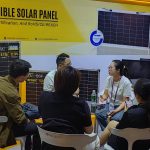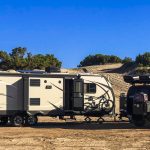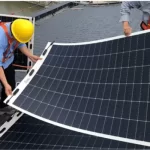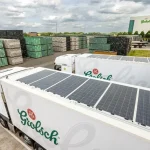Table of Contents
Choosing the best solar panels can feel overwhelming, but it’s easier than you think. Many companies offer high-quality solar panels. If having the “best” solar panels is important, then efficiency, power output, and the ability to operate in warm temperatures are all important, but the warranty is the biggest differentiator.
As the renewable energy market continues to explode, solar tax credits and rebates designed to reward solar adopters are easily available. That’s why so many people are choosing home solar panels to power their homes. Here are some considerations to help you choose the best solar panels for your home.
Why Consider Installing the Best Solar Panels in 2023?
The spread of solar energy in 2023 will be driven by its compelling financial and environmental benefits. It’s worth noting that because solar panel costs have dropped significantly over the past decade, installing solar panels has become a smart financial choice for homeowners and businesses. Increased affordability allows more people to use sustainable technologies, resulting in significant savings on electricity bills and the possibility of receiving incentives or tax credits in various regions. Additionally, these panels typically pay for themselves within ten years, resulting in long-term savings and sometimes virtually free electricity in subsequent years.
A recent Forbes Home Solar survey found that 19% of Americans have adopted or are currently adopting solar panels. Notably, of the remaining 81% of respondents, 48% expressed a strong intention to install solar panels in the future. This extraordinary interest highlights the growing recognition of the benefits of solar energy and its widespread appeal among homeowners.
How to choose the best solar panels?
Solar modules on the market. Of course, there are rigid solar panels, flexible solar panels, and portable solar panels, no matter which type of module. There are a lot of panels with different efficiency ratings, warranties, costs, and other performance specifications, so it can be difficult to know exactly which one is best for you. Here’s how we compare the best solar panels:
Solar panel type
Power output
efficiency
Lifespan and warranty
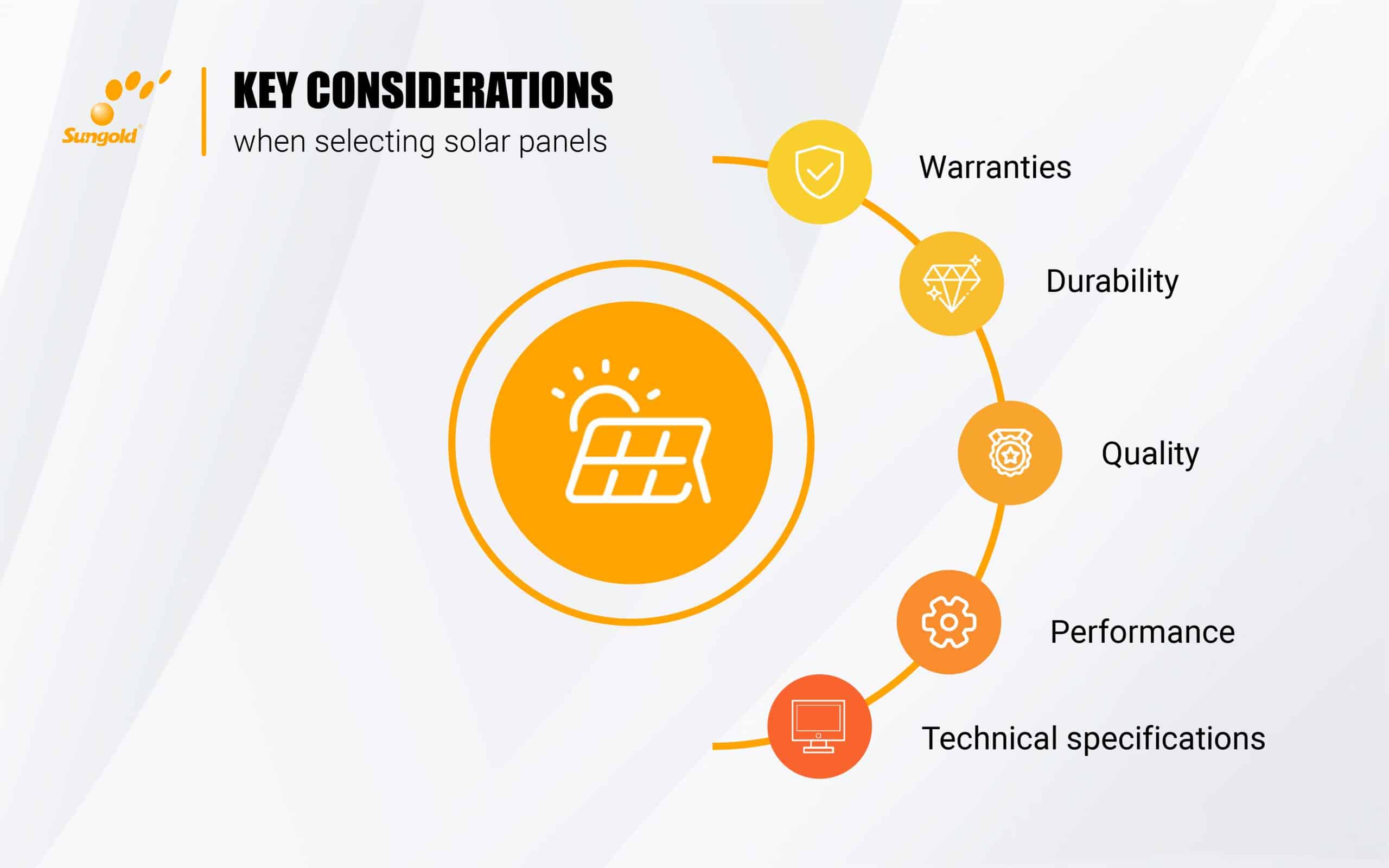
Best Solar Panel Type: Monocrystalline Silicon
All the best home BIPV or outdoor solar panels use high-quality monocrystalline solar cell technology. Manufacturers use monocrystalline silicon to make monocrystalline solar cells, rather than melting many silicon shards together like polycrystalline cells.
Monocrystalline cells convert sunlight into electricity more efficiently than cells made from silicon shards, making monocrystalline solar panels more efficient than polycrystalline solar panels. Monocrystalline panels are usually black and more expensive, while polycrystalline panels are blue and cheaper.
The best solar panels for limited space
If you have limited roof space, you will need panels with high power output and efficiency. A solar panel’s power output is the amount of electricity it emits under standard testing conditions; its efficiency is a measure of its ability to convert sunlight into electricity. Then when you consider solar components, you will give priority to components with higher conversion efficiency and use higher-efficiency cells.
The best solar panels for warm climates
If you live in a consistently hot area, you will need solar panels with a low-temperature coefficient. A solar panel’s temperature coefficient is a measure of how much its output drops at high temperatures.
Solar panels are like most other electronic devices: they operate most efficiently at low temperatures (ideally around 25° C or 77° F). The temperature coefficient shows how a panel’s performance degrades during hot summer months. For every degree above 25° C (or 77° F), the amount of electricity produced by a solar panel decreases based on the temperature coefficient. The lower the temperature coefficient, the better. For example, if a panel has a temperature coefficient of 0.35%/°C, its energy production will decrease by 0.35% for each degree of temperature increase above 25°C (77°F). If the temperature rises to 35°C (95°F), its power production will decrease by 3.5%.
Best warranty solar panels
Solar panels typically come with two warranties: a product warranty and a production warranty.
Solar panel product warranties cover panel defects due to manufacturing or workmanship. The average product warranty is 12 years, but many popular solar brands now offer 25-year product warranties. A longer warranty is ideal because if anything goes wrong with your panels, you’ll be covered for a longer period.
Solar panel product warranties cover panel defects due to manufacturing or workmanship. The average product warranty is 12 years, but many popular solar brands now offer 25-year product warranties. A longer warranty is ideal because if anything goes wrong with your panels, you’ll be covered for a longer period.
The average performance warranty for solar panels is 25 years. The performance guarantee also outlines the degradation rate, which represents the maximum amount of reduction in power output per year under standard test conditions. Most solar panels have a performance degradation of 2% after the first year of installation and 0.50% each year after the warranty period ends.
If a panel degrades faster than 0.50% per year, it will not produce as much energy over time as other panels on the market. Try to find panels with a degradation rate of 0.50% or less.
The best solar panels for your region and climate
After considering the output, efficiency, temperature coefficient, and warranty of any particular solar panel, you should consider the circumstances of your home. It’s no secret that solar panels are more common in the Sun Belt than in other parts of the country, but they’re still an excellent investment if you live in the Northeast or Midwest.
Your region and climate influence several factors that affect solar panel efficiency, including irradiance, shading, panel orientation, temperature, location and latitude, time of year, and dust and dirt. For example, if you live in an area that doesn’t get enough sunlight and your home is prone to shadows and clouds, your solar power system’s clean energy production will be low. Even light shading can have a negative impact: Subtle shading covering a few cells or a single panel can reduce solar production by 50% or more, which is why your home’s orientation is so tied to shade and wet weather patterns Big important.
Suitable for cool and humid climates
If you live in an area that frequently experiences rain, snow, or other cloudy weather but still want the best solar panels for your home, choose high-output and high-efficiency panels like the Sungold SGSP Series or TF-S series, using SunPower cell design (22.8%).
Suitable for warm and dry climates
Do you live in the Sunbelt or other hot, sunny area? You’re in a prime position to get quality solar panel efficiency. In this case, you can also consider the temperature coefficient to be the dominant factor in the decision. Sungold has an impressive -0.24 temperature coefficient and a 25-year warranty.
Do you live in the Sunbelt or other hot, sunny area? You’re in a prime position to get quality solar panel efficiency. In this case, you can also consider the temperature coefficient to be the dominant factor in the decision. Sungold has an impressive -0.24 temperature coefficient and a 25-year warranty.
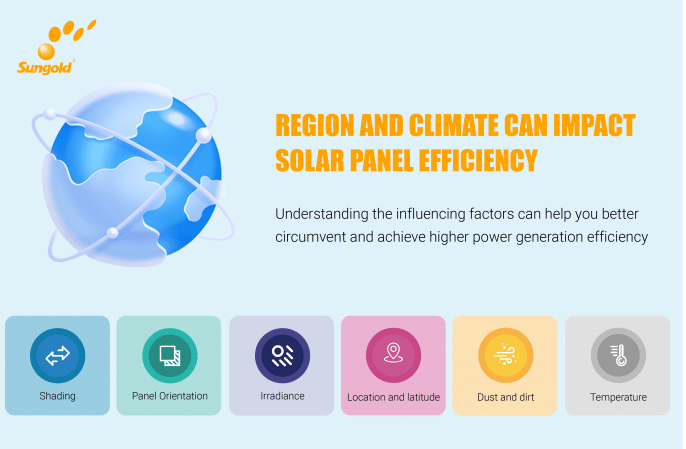
Why is solar panel durability important?
The durability of a solar panel is a measure of its ability to operate at maximum capacity under conditions that reduce optimal performance. Solar panels spend their entire lifespan outdoors, exposed to the elements, so you need to invest in a durable solar panel that you can trust will not get damaged or fail in the elements. Manufacturers conduct several standardized tests on solar panels to determine their durability in the following elements:
Damp Heat Test: Measuring Humidity Resistance
Thermal cycling: measures resistance to temperature fluctuations
Mechanical stress sequences (including static and dynamic loads): Measure resistance to weight or pressure
The durability of a solar panel directly affects its efficiency: the most durable solar panels have the lowest degradation rates, allowing them to maintain their efficiency ratings. Learn more about solar panel lifespan.
final thoughts
Ultimately, the best solar panels for a home vary from homeowner to homeowner. It is important that a certified installer examines your specific needs and designs a system to meet those needs.


